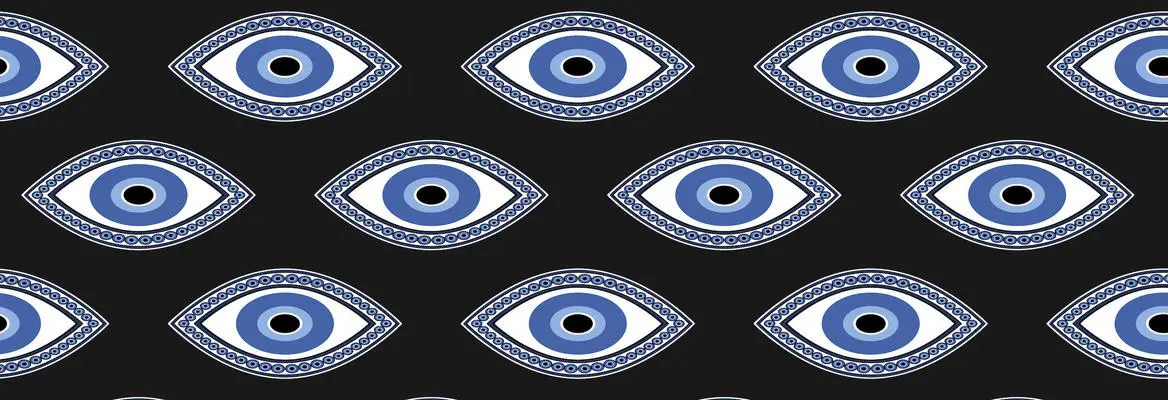We are all familiar with envy’s dark side. The perception of someone who is a superior version of us acts as a painful reminder of what we could have been. That emotion has a nasty side that can lead to hostility and aggression towards the object of our envy. But not all forms of envy are malicious. The emotion signals to us what we most care about and can motivate self-improvement and help us achieve what we want, argues Sara Protasi.
There has recently been a surge of hate crime against Asians and citizens of Asian descent worldwide. Since the onset of the COVID19 pandemic, those who are, or are perceived as, Asian have been subjects to increasing discrimination, harassment, and physical violence including assault, beatings and murder.
An article in Behavioral Sciences suggests that a crucial contributor to what the authors call “Coronavirus Asiaphobia” is envy. Envy is a powerful emotion that is condemned across cultures and religions all over the world and is accused of rooting the most horrific crimes, from Cain’s fratricide against Abel to the Jewish genocide. Malicious envy motivates people to plot and scheme, to steal and sabotage, because it’s a painful feeling that may be associated with a sense of despair and hopelessness, while at the same time being entangled with very important personal goals. Despite envy’s dark and dangerous side, however, properly interpreted it’s an emotion whose power can be harnessed for self-improvement.
___
Sometimes we envy people, but we feel confident that we can overcome our disadvantage. Envy spurs us to do better, to try to become as good as the other person.
___
The Behavioral Sciences study that aimed to explain the increased incidents of violence against Asians adopts the Stereotype Content Model developed by Susan Fiske and associates, which measures the way we stereotype people along two dimensions: warmth and competence. Stereotype toward outgroups is often mixed; for instance, we may like people from a different social group, but not feel esteem for them, as is often the case for the elderly (think of the bumbly grandfather’s stereotype). With envy it goes the other way; when we dislike a person whom we perceive as more competent than us, we often feel envy. Asians and Asian Americans are often stereotyped in Western countries as highly successful (think of the “model minority” notion), but not as personable or friendly. Often, successful Asian artists or athletes are depicted as machines: technically perfect, but emotionless or uncreative. Thus, they are often the target of envy, and this, according to Daisuke and collaborators, contribute to the recent increase in “Asiaphobia”
However, this envious prejudice was observable even before the current health emergency. In my book, I argue that anti-Asian prejudice in America has been imbued with envy since its inception, as one can see in the massacres of Chinese laborers in the United States at the end of the nineteenth century.
___
Envy is a painful perception of a similar other’s superiority; their success—Aristotle says—feels like a reproach to us, it reminds us of what we could have been, had, or achieved.
___





















Join the conversation